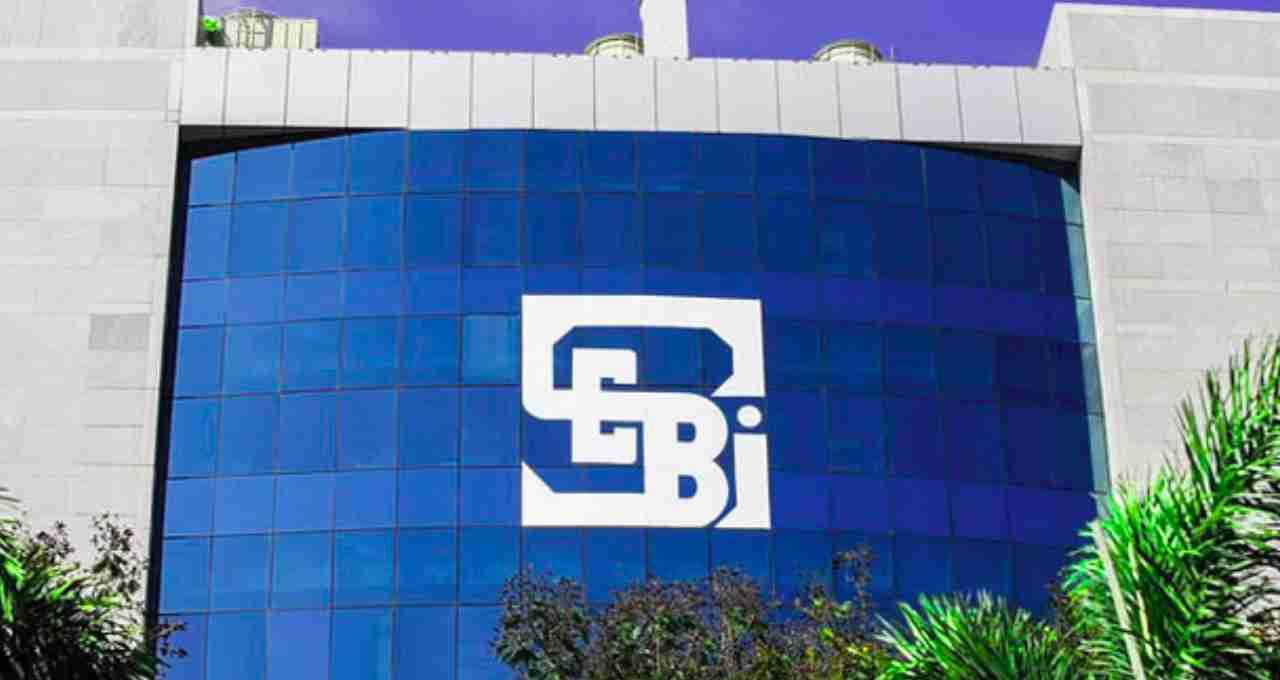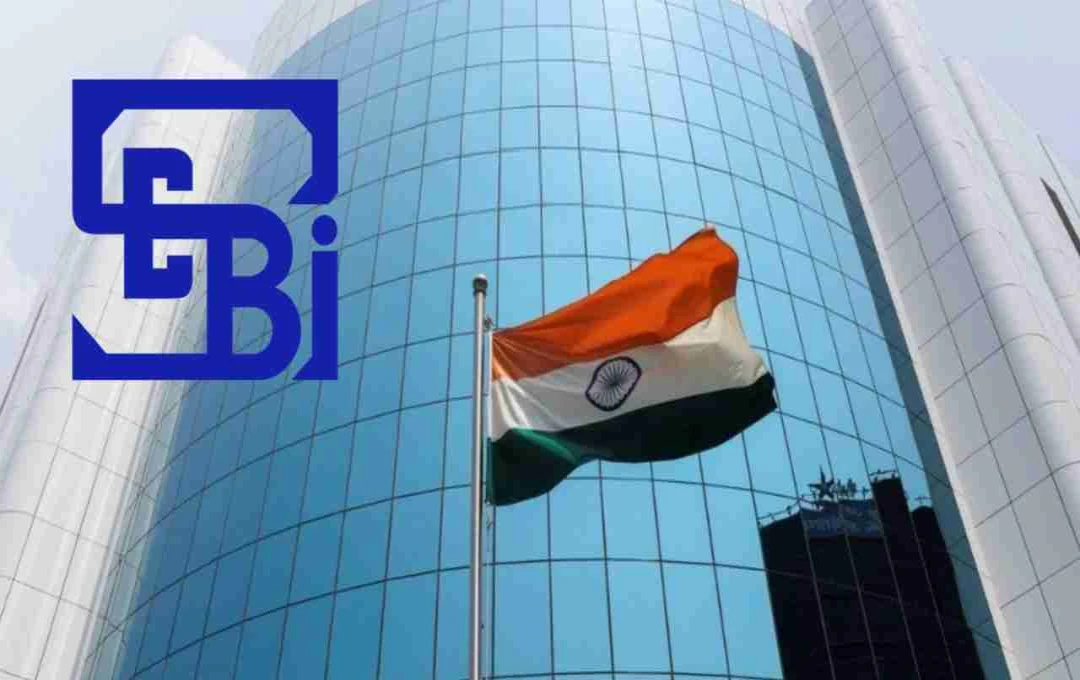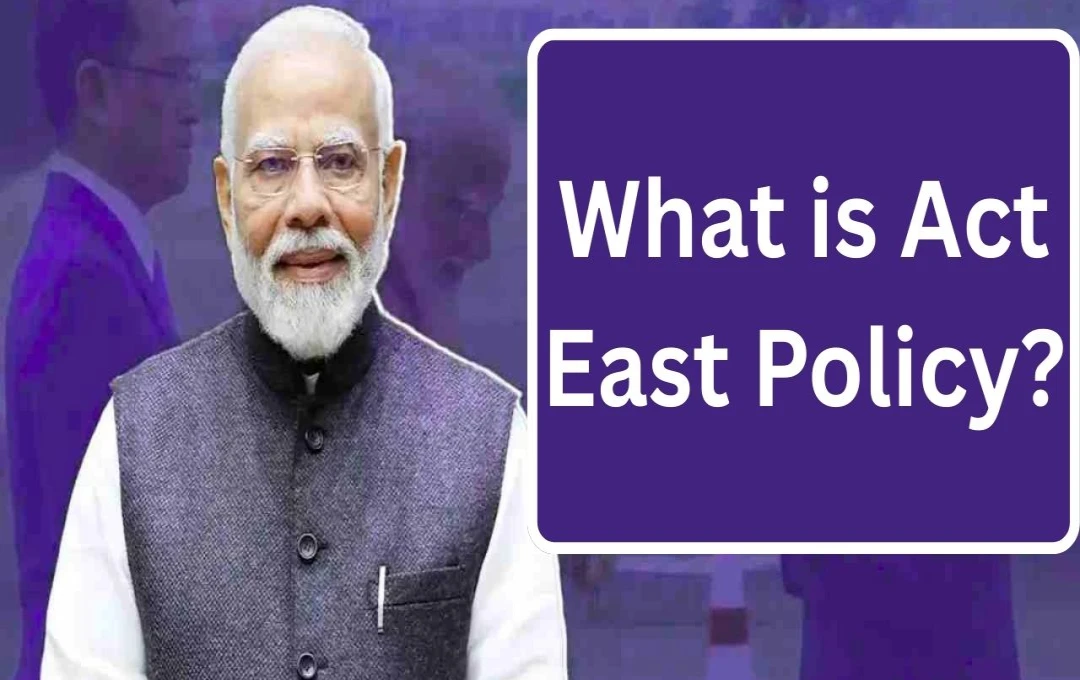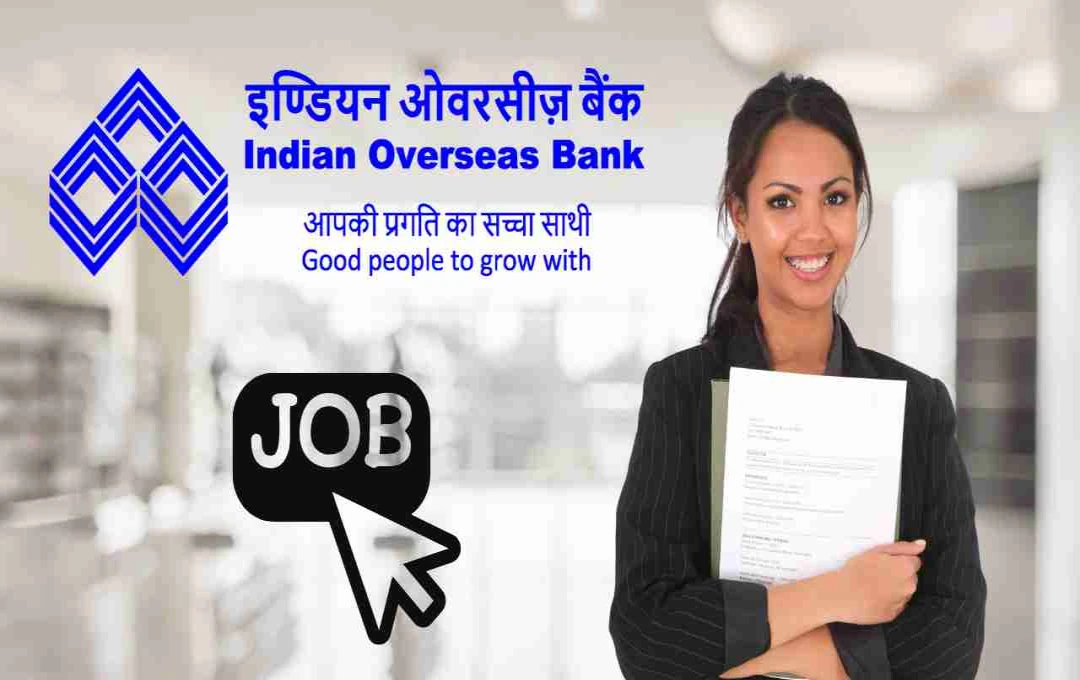SEBI has eased IPO rules for large companies. Companies with a market capitalization exceeding ₹5 lakh crore can now sell a minimum stake of 2.5% in their IPOs, down from the previous 5%. Additionally, the timeline to achieve public float has been extended from 3 years to a maximum of 10 years.
SEBI board meeting: The Securities and Exchange Board of India (SEBI) made several significant decisions related to IPOs and the market during its board meeting held on Friday. Companies with high valuations can now bring smaller IPOs to the market. Companies whose post-listing market capitalization exceeds ₹5 lakh crore will be able to launch an IPO by selling a minimum stake of 2.5%. Furthermore, companies valued above ₹50,000 crore will have 5 to 10 years, instead of 3 years, to achieve 25% public shareholding. The objective of these changes is to simplify listings for large companies and increase investor participation in the market.
Large companies can now launch smaller IPOs

Until now, the rule stipulated that companies with a market capitalization exceeding ₹5 lakh crore were required to sell at least a 5% stake in their IPOs. However, SEBI has now relaxed this rule. Under the new framework, such companies can launch an IPO by selling just a 2.5% stake. This means that large companies can enter the market by expending less capital. This will also increase investor participation in IPOs and maintain a balance in the supply of shares in the market.
Changes in the 25% Public Float Rule
SEBI has also modified the rule related to public float for large companies. Previously, companies with a market capitalization between ₹50,000 crore and ₹1 lakh crore had to achieve a 25% public float within three years. SEBI has now extended this timeline to five years. For companies with a market capitalization exceeding ₹1 lakh crore, they will have up to ten years to meet this target.
New Market Cap Slabs Defined
Following the board meeting, SEBI announced the creation of new slabs for companies. Companies will now be divided into four distinct categories:
- ₹4,000 crore to ₹50,000 crore.
- ₹50,000 crore to ₹1 lakh crore.
- ₹1 lakh crore to ₹5 lakh crore.
- Above ₹5 lakh crore.
Public offerings and other conditions for companies will be determined based on these slabs.
Exemption in Minimum Public Offer

An exemption has also been announced for companies with a post-issue market value ranging from ₹5,500 crore to ₹1 lakh crore. These companies will no longer be required to raise a minimum of 10% capital through their IPOs. Instead, they can offer ₹1,000 crore or a minimum of 8% stake. This will make it easier for large companies to launch public offerings.
REITs and InvITs Granted Equity Instrument Status
SEBI has also brought about a significant change concerning Real Estate Investment Trusts (REITs) and Infrastructure Investment Trusts (InvITs). They will now be treated as equity instruments. This will further boost investor confidence in them and strengthen their position in the market.
Definition of Strategic Investor Revised
SEBI has also broadened the definition of a strategic investor in REITs and InvITs. Qualified Institutional Buyers (QIBs) have now been included. This change will lead to increased participation of institutional investors in these investment trusts.
Improvements in Stock Exchange Management
SEBI has also made a new decision regarding stock exchanges. The appointment of two Executive Directors in the management of exchanges will now be mandatory. This step has been taken to enhance transparency and expedite operations.
Easier Rules for AIFs
The regulations for Alternative Investment Funds (AIFs) have also been simplified. SEBI has approved an easier regulatory framework for AIFs with accredited investors. This will make it more convenient for investors to invest in these funds.
Changes in Anchor Investor Rules
Anchor investors play a crucial role in IPOs. SEBI has established a new framework for them as well. To increase the participation of institutional investors in IPOs, changes have been made to the rules for allocating shares to anchor investors. This will enhance both transparency and stability in the IPO process.
Relief for Large Companies
Overall, SEBI has considerably simplified IPO rules for large companies. The extension of the deadline for achieving minimum public shareholding and the permission to launch smaller IPOs will prove to be a significant relief. These steps are expected to make the IPO market more active in the future and provide more opportunities for investors.















